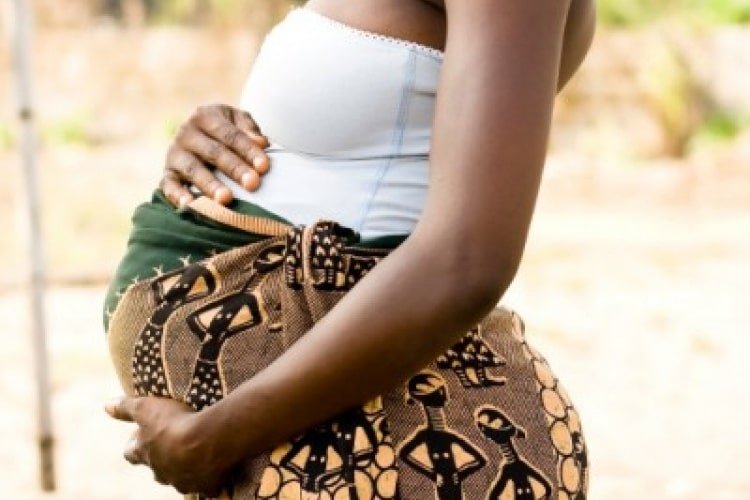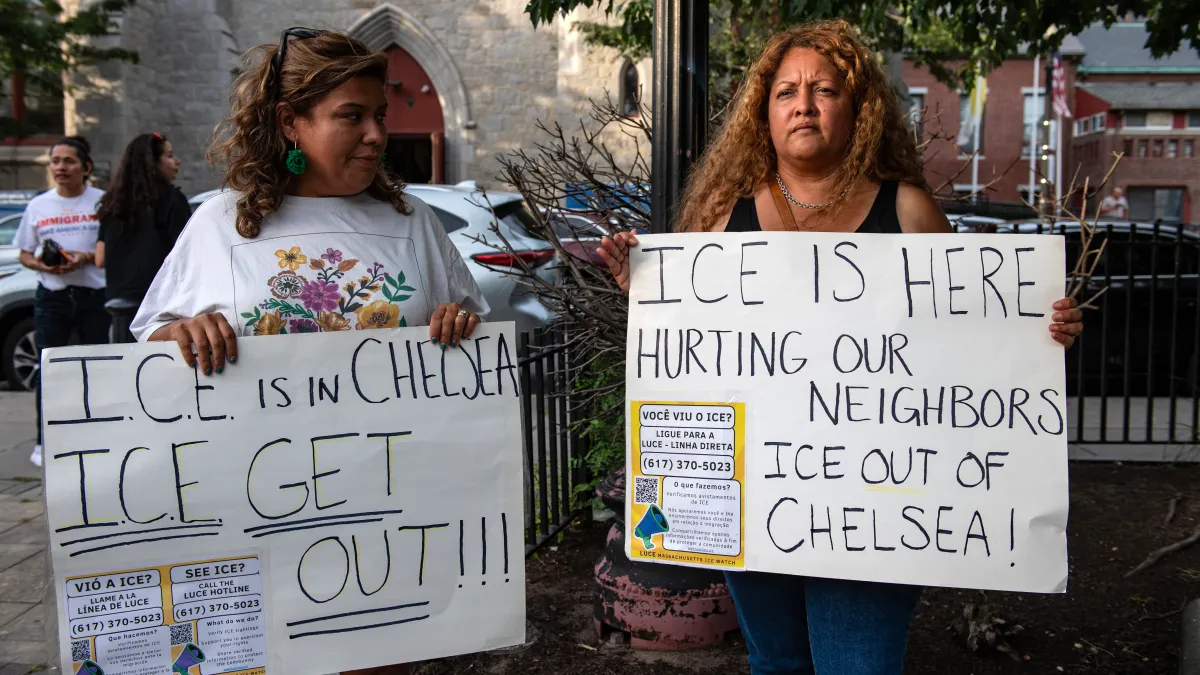By Mark Kwasi Ahumah Smith
Copyright a1radioonline

Project Officer for the Social Health and Reproductive Education (SHARE) Project, Elikem Katsekpor, has raised concerns about growing challenges in adolescent sexual and reproductive health, particularly the misuse of contraceptives and the rising threat of Sexually Transmitted Infections (STIs).
He shared these insights in Bolgatanga while engaging with journalists during a capacity-building session organized by the Forum for African Women Educationalists (FAWE) under the SHARE Project.
According to him, the project seeks to address sexual and reproductive health education among young people by placing greater emphasis on parental involvement. The strategy, he explained, is to empower parents and caregivers to confidently engage adolescents in conversations about reproductive health, reducing the likelihood of young people seeking information elsewhere.
“The approach is to engage a lot more with parents so that they are empowered enough to be able to have these conversations with the adolescents,” he said.
The project is currently focusing on four districts—Builsa North, Kassena-Nankana Municipal, Kassena-Nankana West, and Bongo—where parents, caregivers, and communities are being trained and engaged through dialogues to address adolescent health issues as well as harmful traditional practices that hinder gender equality.
“We’ve also conducted training on harmful traditional practices that actually impede achieving gender equality and how that also goes a long way to affect sexual reproductive health rights,” Mr. Katsekpor added.
He expressed deep concern about the increasing misuse of emergency contraceptives, noting that many adolescents, particularly girls, are relying on them as a daily preventive method. This, he warned, poses significant health risks since emergency pills are not designed for routine use. The situation, he said, is further complicated by boys purchasing these contraceptives and distributing them to their partners without understanding their proper use.
“We’ve come to the realization that there are a lot of young people, especially girls—and even boys—who are abusing contraceptives,” he said.
“It’s a danger because they haven’t really understood why this medication needs to be used. It is not for daily use.”
He further explained that education on contraceptive methods needs to be strengthened. While teenage pregnancy prevention is emphasized, there is inadequate education on the appropriate use of different contraceptive options.
“We are introducing contraceptives, but we are not actually doing the education on which contraceptive should be used for what and at what time,” he stressed.
Mr. Katsekpor highlighted another concern: while much attention is given to reducing teenage pregnancies, not enough emphasis is placed on the risk of STIs. Many young people, he observed, fear pregnancy more than infections, creating a dangerous gap in awareness. Without balanced education, the country risks seeing teenage pregnancy rates drop now but experiencing soaring STI cases in the next decade.
“If we don’t take care, we’ll be solving the problem of reducing teenage pregnancy numbers. However, in the next five to ten years, we would be faced with a huge challenge of STI rates that have long-term effects,” he cautioned.
He also pointed to external factors worsening the situation, such as illegal mining activities in areas like the Bongo District, which lure boys out of school with the promise of ‘quick money,’ as well as rising substance and drug abuse. These, he explained, contribute significantly to teenage pregnancy and undermine progress in reproductive health.
Meanwhile, he emphasized that the media remains a vital partner in addressing these challenges, as consistent reporting and engagement are essential to sustaining education on adolescent health at both the community and district levels.
A1Radioonline.com|101.1Mhz|Gifty Eyram Kudiabor|Bolgatanga



